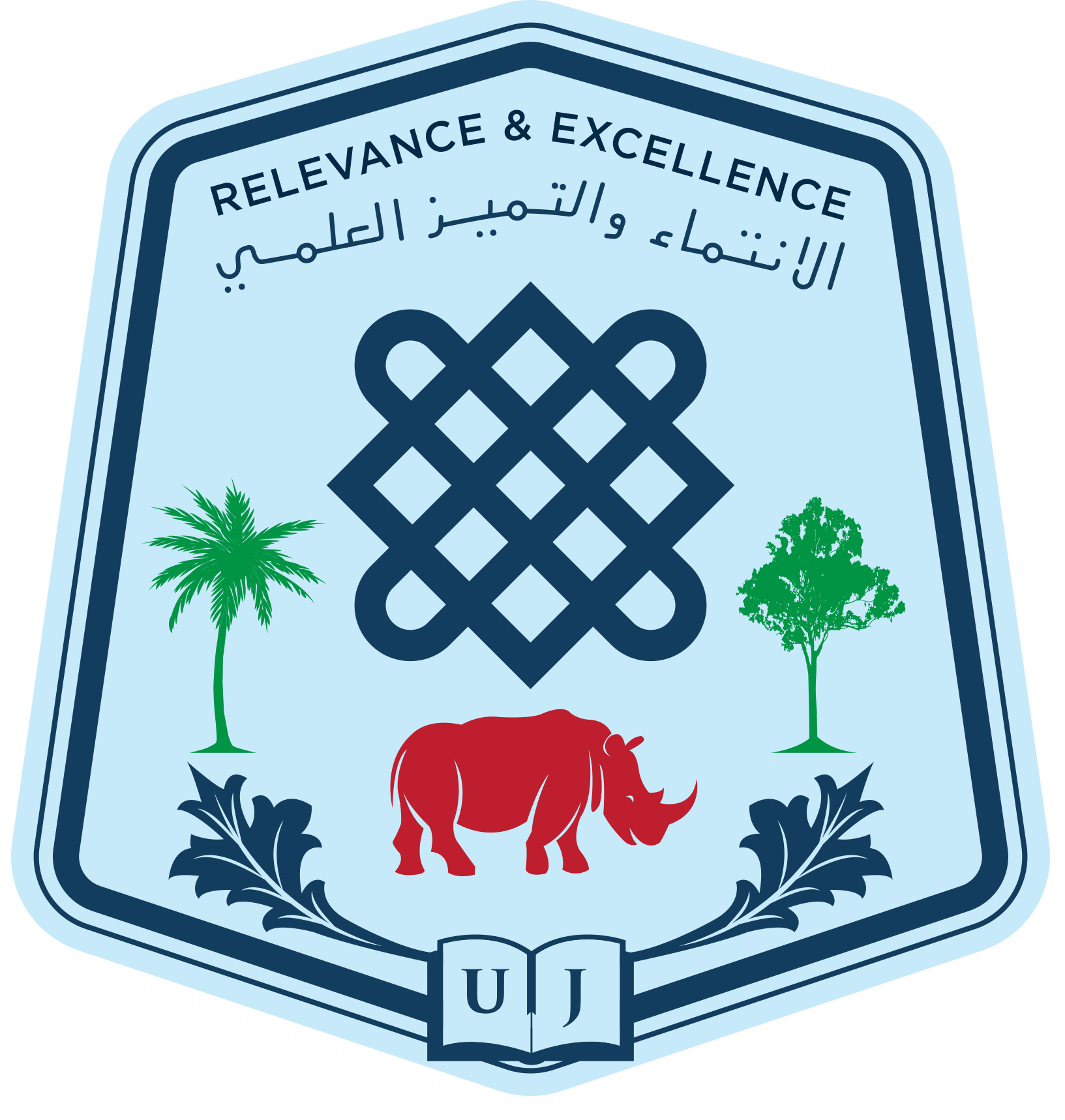by; Jacob Dut Chol Riak, Santo Akuei Akoon Kuc
Abstract
This study investigates the complicated dynamics of political conflict and ethnic cleavages in South Sudan. It focuses primarily on Dinka and Nuer ethnic cleavages. South Sudan has been stalled in conflicts that are deeply rooted in its historical, socio-economic disparities and the legacy of prolonged civil wars. Dinka and Nuer have historically been differing on political ideologies and aspirations since 1991 which have exacerbated tensions between these two groups. This study employs a qualitative approach using interviews, questionnaires, archival research and existing literature to explore how ethnic identities have influenced political polarization and conflict in South Sudan. It uses 84 sample size with purposive sampling. The study highlights the historical grievances that have developed over decades, from war of the liberation where Nuer felt discriminated to access military training while favoritism was towards Dinka in postindependence power cleavages. In the same breath, the Dinka felt that Nuer were mobilized in 1991 to stab the back of the liberation movement. The study uncovers how these ethnic cleavages have been manipulated by current political leaders to mobilize support from their co-ethnic group leading to violent confrontations. A critical element of the study is the examination of the political conflicts and ethnic cleavages in South Sudan in which political factions aligned along ethnic lines resulting in large-scale atrocities, human rights violations and a humanitarian crisis. The study further explains the role of political elites in entrenching ethnic identities to foster a sense of loyalty to ethnic groups over national identity. Through the lens of ethnic conflict theory, this research suggests that the persistent conflict in South Sudan is not only a struggle for power but also appearance of deep-seated ethnic rivalries. The results of this study highlight a broader insight of how ethnic identity has shaped political landscapes in country. However, the study suggests that promoting dialogue, political inclusivity and reconciliation can help bridges the gap between Dinka and Nuer to address the historical grievances and foster mutual understanding and trust. Local leaders and youth from both communities should be engaged in these conversations to build trust and a sense of shared identity that surpasses ethnic divisions.
Keywords: Political Conflicts, Ethnicities, Cleavages, Dinka, Nuer, South Sudan.
Download the PDF File Political Conflicts and Ethnic Cleavages in South Sudan: The Case of Dinka and Nuer
